How Commercial Property Insurance Protects Your Business
Commercial property insurance plays a vital role in protecting businesses from the unexpected. Whether it's property damage or liability concerns, these incidents can result in substantial financial losses. Determining insurance responsibility, particularly when neighboring properties are involved, can be a complex affair. This is especially true during natural disasters, cases of negligence, or unforeseen structural failures. Understanding how commercial insurance policies handle these situations is key to safeguarding your business's financial stability. Who is Responsible if a Tree Falls onto My Commercial Property?
Typically, if a tree from a neighboring property falls onto your commercial space due to natural causes like a storm, wind, or lightning, your commercial property insurance is responsible for covering the damage. However, if negligence is involved—such as an inadequately maintained or diseased tree—the neighbor’s liability insurance might cover the costs, but proving negligence is required. It’s also important to know that most commercial policies do not cover tree removal unless the tree causes structural damage. What If My Neighbor’s Property Causes Flooding on Mine?
Standard commercial property insurance usually does not cover flood damage, even if the water originates from a neighboring property. Businesses need separate flood insurance to ensure protection. If flooding results from the neighbor's negligence, like failing to maintain drainage or ignoring a burst pipe, their liability insurance might cover the damages. Still, proving negligence can be challenging. Since most policies do cover sudden issues like burst pipes, note that damages from neglect, poor maintenance, or freezing without precautions are typically excluded. Sewer backups often require a separate endorsement. What Happens If a Fire From a Neighboring Property Spreads to Mine?
In cases where a fire spreads from a neighboring business, your commercial property policy will typically cover the damages. If negligence, such as fire code violations, is involved, the neighbor’s liability insurance might help cover some losses, provided liability is proven. Who Pays for Debris Removal After a Disaster?
If a neighboring property is deemed liable for the damage, their liability insurance might cover debris removal. Again, proving negligence is necessary. If your policy covers the damage, debris removal is generally included but may have limits. With events like floods that aren't covered, debris removal is likely excluded. Will My Insurance Cover Business Losses If I Have to Shut Down?
Business interruption insurance may cover lost income if you have to close due to fire or storm damage, but this only applies if your policy includes such coverage. Flood-related closures are not covered under standard business interruption policies unless caused by a covered peril within the policy.
Understanding your commercial insurance policies and their interactions with neighboring property claims is crucial. Regularly reviewing your policies and considering additional coverage options like flood insurance and business interruption insurance is wise. Consulting with an insurance professional can ensure your business remains adequately protected.

